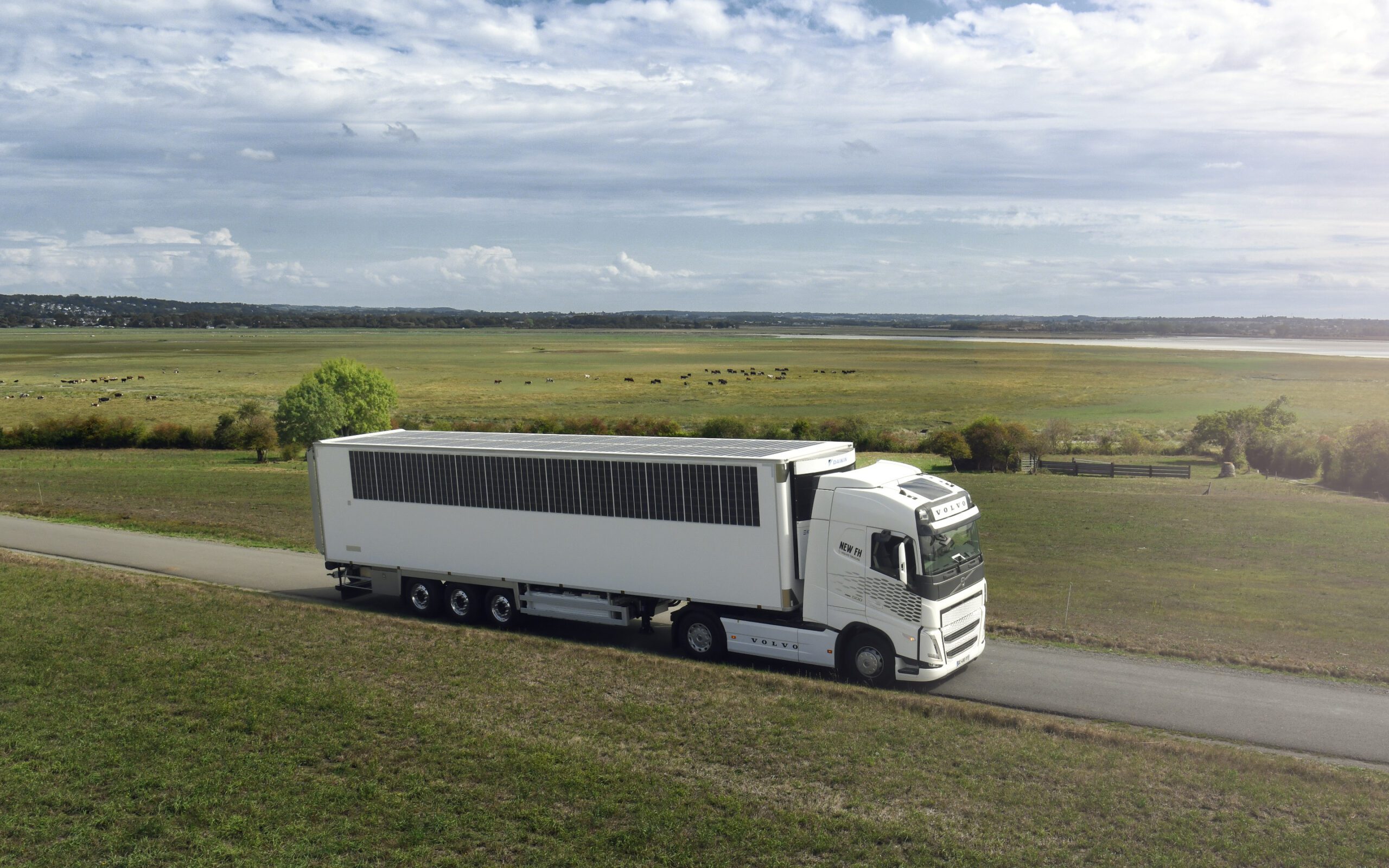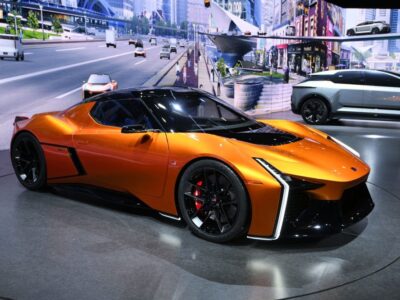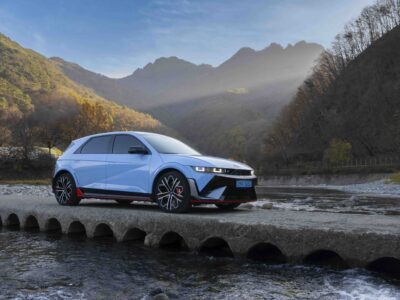Diesel fuel has long been the standard for heavy-duty freight hauling and trucking worldwide. It’s also known for being dirty and harmful emissions. Even with electric trucks emerging as an option, battery technology and electric vehicle (EV) charging still need to come a long way to be viable substitutes. As the auto industry searches for solutions, one company has developed integrated alternative energy generators as a choice. Enter Sono Motors’ solar-panel technology.
Sono Motors is famous for designing the first electric car with supplemental power for EV charging. Now, the company is helping to modernize trucking by integrating solar panels in commercial vehicles. Unveiled at the IAA Transportation Show in Germany, Sono premiered several semis, trailers, and buses fitted for the renewable energy source.
Although the engine still requires diesel for propulsion, solar panels can provide electricity for secondary items like climate control, infotainment interfaces, and other systems.
Sono says that its integration could save 396 gallons of diesel fuel per bus per year. Less reliance on it to power the electrical functions of hauling vehicles would save thousands of dollars and gallons of gas.
To test this technology, Sono focused on refrigeration trucks and the electricity required to keep them running. Using three tractor-trailers and one independent trailer weighing around 40 tons each, the automaker installed solar on the trailers’ sides and roofs to supply energy to the cooling system. About 50% of refrigeration power can be covered by panels, generating around 21.2 kilowatts of electricity daily.
With this logic, Sono decided to retrofit a Mercedes Ciantro and MAN Lion City Bus — the two most common buses used in Europe — with its tech and came to some pretty striking conclusions. The panels could help buses save up to 1,500 liters of diesel each year, along with a 4-tons reduction in emissions.
“Decision-makers in municipalities and transport companies are under huge pressure to make their fleets emission-free. In addition, they are facing steeply rising energy prices,” declared Lars Löhle, Sono’s head of product. “Therefore, the Solar Bus Kit is the ideal solution to accelerate the transition towards zero-emission vehicles already today.”
With more-efficient busing and trucking, the cost of diesel fuel may fall as more is available. This type of integration also signals a new generation of electric motor, solar-supplemented buses and trucks may be on the horizon.
Sono’s tech is also being considered for smaller-scale trucks like pickups. Companies such as Worksport out of Ontario, Canada, have developed a solar-integrated tonneau attachment for pickup trucks. The Terravis technology can be integrated and placed in truck beds.
Conventional and electric pickups could use this technology for mobile charging for the engine or accessories.
It would be beneficial for long-distance driving in more remote locations. Similar technology could be applied to tractor-trailers and buses.
On top of solar integration, truck stops are getting a facelift. As more trucks swap fossil fuels and internal combustion engines for electric motors, the requirement for reliable eTruck charging is more prevalent. This need opens the way for the sun’s renewable energy to power charging stations at truck stops.
One has already opened in Portland, OR, thanks partly to Portland General Electric and Daimler Trucks North America, with more expected to follow in the coming years. However, if Sono’s solar tech can be successfully applied to a truck’s engine in the same way as its car, these sites will be crucial to keeping supply chains and logistics running smoothly.





